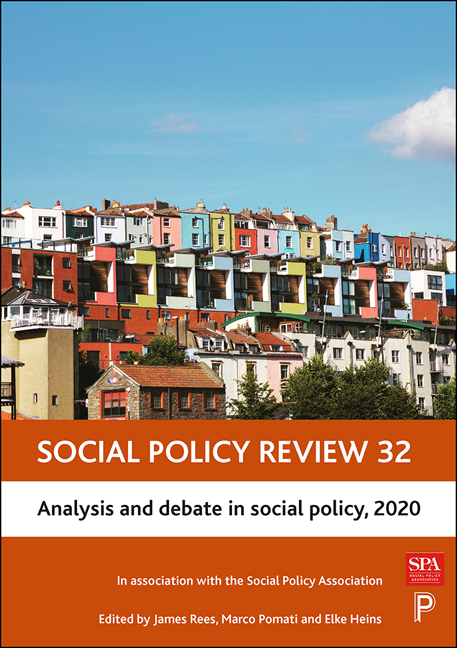6 - Economic Hardship in Young Adulthood: a Cause For Concern or a Matter of Course While Settling Into the Swedish Labour Market?
Published online by Cambridge University Press: 18 March 2021
Summary
Introduction
Young adulthood is a formative phase when youths are expected to become independent by way of a gradual movement through education, family formation and establishment in the labour market. While there is a long history of interest in young people's lives, concerns for youth poverty and unemployment have been placed further up on the agenda during the past decades, perhaps due to a change in demographic trends, with an extended period between adolescence and adult roles (Arnett, 2000), and a widening gap between the young and the old in terms of living standards (Vogel and Raback, 2003). This study investigates the experience of economic hardship during the onset of an independent adult life, and its links to future labour market establishment trajectories.
Sweden has traditionally been characterised by relatively high levels of income equality, an encompassing welfare model (Korpi and Palme, 1998) and subsidised education at all levels (Arnesen and Lundahl, 2006). It has been categorised as a universalistic youth-to-adulthood transition regime, with a comprehensive school system and a high rate of youths having access to higher education (Walther, 2006). The educational system is oriented towards producing general, rather than vocational, skills, which has been believed to hamper the smoothness of youths’ school-to-work transitions (Schroder, 2000). Moreover, looking at the youth (16–29) poverty rate, it is higher than the Organisation for Economic Co-operation and Development (OECD) average. This can partly be attributed to the fact that youths in Sweden leave the parental home earlier than in most other countries – approximately 21 years, compared to an European Union (EU) average of about 26 years (Eurostat, 2018) – making them more exposed to poverty risks (OECD, 2016).
Research on economic hardship in young adulthood has predominantly concerned poverty in terms of a relative lack of resources (for example, Ayllon, 2015) or similar indicators of low income; however, this has been found to say rather little about youths’ actual living standard and future earning ability (Hallerod and Westberg, 2006). Few studies explicitly consider early adulthood economic hardship, as indicated by social assistance receipt and its links to long-term labour market trajectories.
- Type
- Chapter
- Information
- Social Policy Review 32Analysis and Debate in Social Policy, 2020, pp. 135 - 162Publisher: Bristol University PressPrint publication year: 2020



